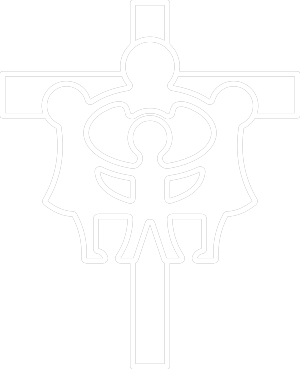History
"Be devoted to one another in love. Honour one another above yourselves."
Romans 12:10
Intent
History is a highly valued foundation subject at Aspull Church Primary School. Our History curriculum is designed and sequences to ensure that we pupils develop the necessary progression of skills and knowledge to allow them access a range of history sources and develop a love for learning about the past. We intend for all our pupils to develop enquiring minds and ask questions, linking the events of the past with their own lives. Through our carefully crafted curriculum, that is designed to engage and develop all learner with exciting class topics, we aim to develop pupils who flourish as resilient and independent learners. We create opportunities through educational visits and visitors to enhance pupils’ knowledge and love for history, as well as bring the subject more to life for them. We also encourage our children to express their thoughts effectively and to listen and learn from each other. Children build on their chronological knowledge and skills previously learnt when beginning a new topic.
Our curriculum aims to ensure that all learners:
- Know and understand the history of these islands as a coherent, chronological narrative, from the earliest times to the present day: how people’s lives have shaped this nation and how Britain has influenced and been influenced by the wider world.
- Know and understand significant aspects of the history of the wider world: the nature of ancient civilisations; the expansion and dissolution of empires; characteristic features of past non-European societies; achievements and follies of mankind.
- Gain and deploy a historically grounded understanding of abstract terms such as ‘empire’, ‘civilisation’, ‘parliament’ and ‘peasantry’.
- Understand historical concepts such as continuity and change, cause and consequence, similarity, difference and significance, and use them to make connections, draw contrasts, analyse trends, frame historically-valid questions and create their own structured accounts, including written narratives and analyses.
- Understand the methods of historical enquiry, including how evidence is used rigorously to make historical claims, and discern how and why contrasting arguments and interpretations of the past have been constructed.
- Gain historical perspective by placing their growing knowledge into different contexts, understanding the connections between local, regional, national and international history; between cultural, economic, military, political, religious and social history; and between short- and long-term timescales.
Implementation
Impact
The impact of history is measured in numerous different ways. Our assessment approach means that we can track pupil attainment regularly. Weekly history lessons provide teachers with the opportunity to track pupils learning from week to week and over the course of the unit, via the use of questioning and work produced. Planned assessment tasks carried out at the end of each unit of work enable staff carry out more formal assessments of pupils’ historical knowledge. Teachers use the statements on our school tracking system to access against the objectives.
The overall impact of history at Aspull Church Primary School is evident from talking to children who enthusiastically speak about educational visits and interesting facts they have learnt during history lessons. Past pupils who return to visit often reminisce about visits they went on, especially when they got to go in role or lessons they particularly enjoyed. Our children enjoy learning about the lives of those in the past, their local history and how things have changed compared to life today.


